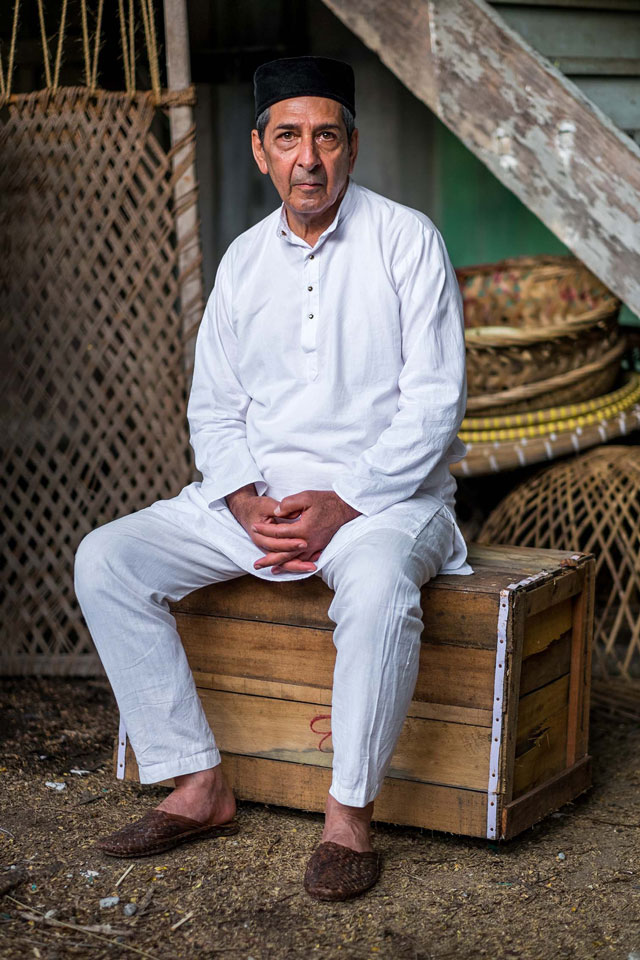An interview with Roshan Seth on Channel 4 TV’s “Indian Summers”
Roshan Seth who plays Darius Dalal’s interview for Indian Summers is revealed here. Darius is Aafrin’s father. He is a kind and liberal family man. Darius was injured in the Great War and has since been unable to work. Darius is an Anglophile, which is the cause of many arguments with his rebellious daughter’s pro-independence views.
How would you describe Darius?
I’ve always enjoyed playing the quotidian character, because I believe all of life is in that nothingness: getting up, having breakfast, going to work, coming home. We first meet him doing a puzzle of London in the fog – a picture of Big Ben and so on. He was in the Mule Corps at Gallipoli, during World War One, and was invalided out.
Darius is a Parsi: what was their attitude towards the British?
The Parsis found themselves in a tight spot as independence approached, trapped between the Indians and the British. They’ve been in India for thousands of years after escaping persecution in Persia, so they’re survivors by nature. Their way to survive in India became aping the British, behaving like them, taking on British manners and talking their language. They were considered pro-British by the majority of Indians and particularly by nationalists. They were unpopular, and unsure who to align themselves with. The British were leaving, so what they liked about them wasn’t going to be much use any more, while the Indians were about to take over so they needed to get into bed with them. That was an important political dilemma and remains one throughout the series.
Is Darius forced to be more pragmatic than he might like?
I suppose so. He admires the British and what they stand for. He says that “we owe a great deal to the British” – I’m old enough to remember people saying that in my life. There are cross-currents in his family: his son has a job with the Indian Civil Service and his daughter is a budding nationalist. He’s very proud of them both and thinks he has great integrity, but he’s trapped. His wife is pretty neutral but acts as a guardian of Parsi culture, disapproving of his son’s romance with a Hindu girl.
How does Indian Summers differ from other dramas about the Raj?
It tells stories about people that tend to get ignored. The sort of stories that British audiences have seen about India have been about Viceroys and people with their noses literally up in the air. Indian Summers is about the people on the next rung or two down the social ladder – ordinary people on both sides. I haven’t seen that before. But the great theme is survival: it’s the classic tangled web. It’s seldom an actor gets to work with such lovely material.
What does it tell us about modern-day India?
India is deeply wrapped up in itself, wondering where it needs to go and how. If India can’t explain itself to itself, nobody can! But I think there are lessons [in Indian Summers] for all of us as human beings. It’s a wonderfully nuanced work of art. It makes you look at who you are and what’s wrong with you, where your prejudices lie.
Did your family have an active role in the Independence movement?
No, but we knew Congress-people who were associated with it. We were brought up without religion and my father always said, choose the best from all cultures. I was born in ’42, and there wasn’t much talk about it [nationalism] in my childhood, though I did sense it in the air.


